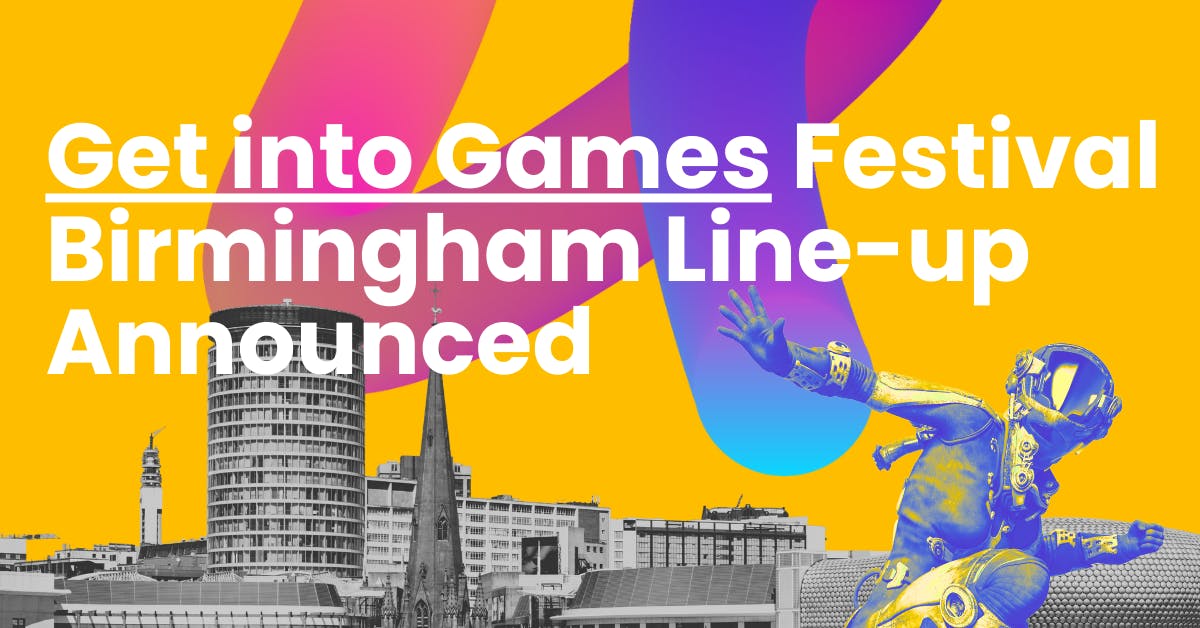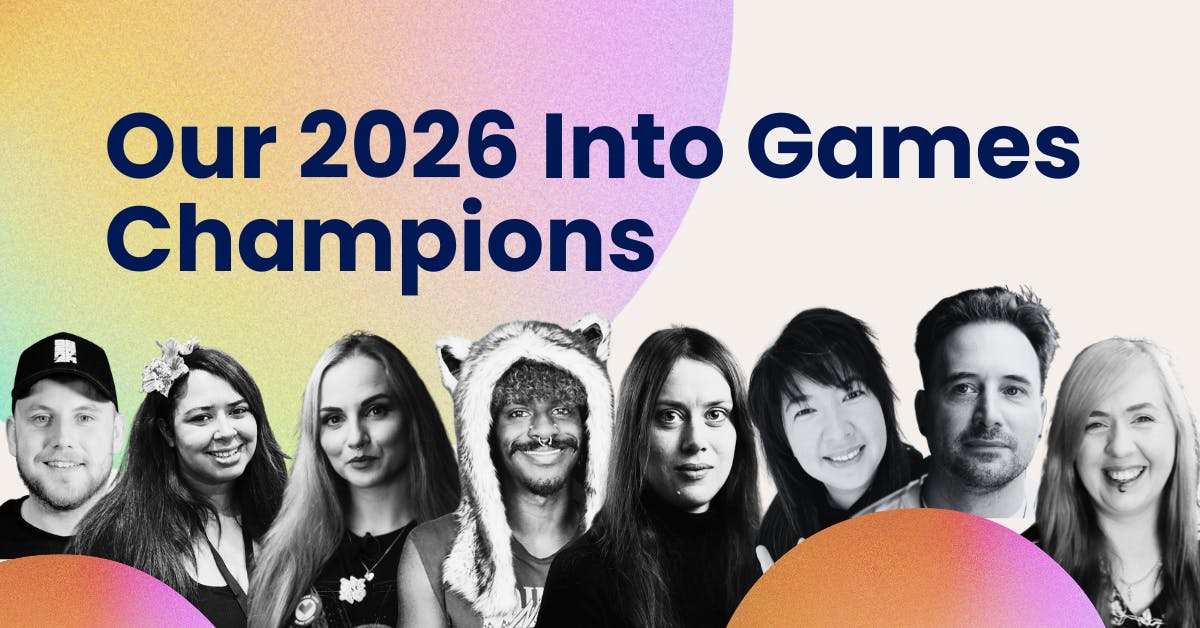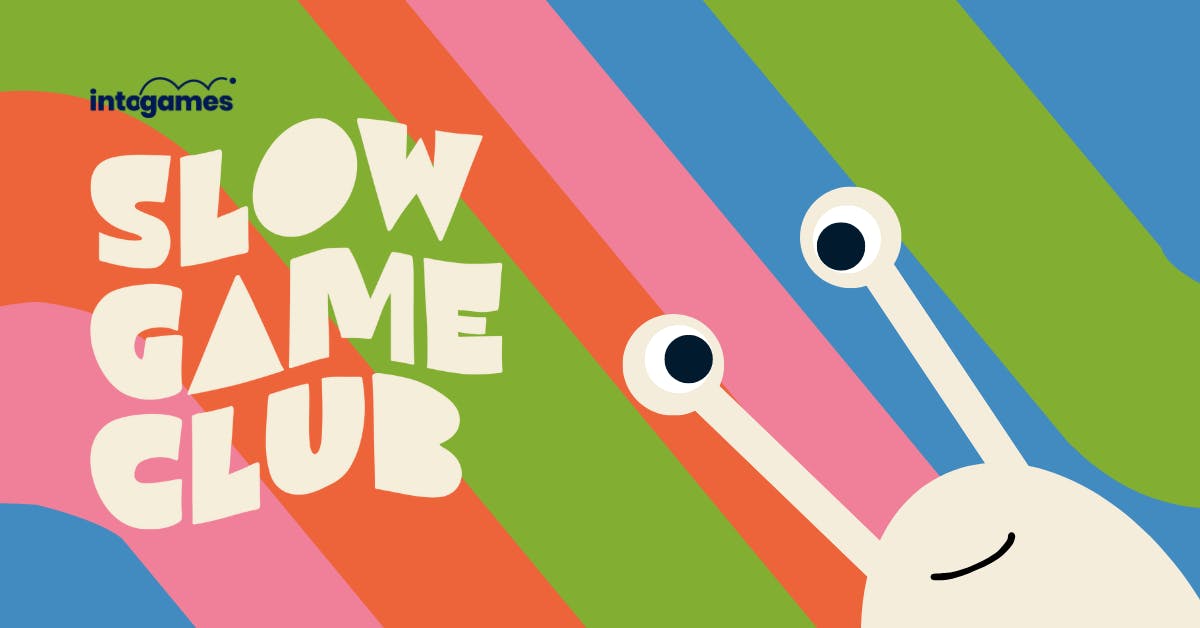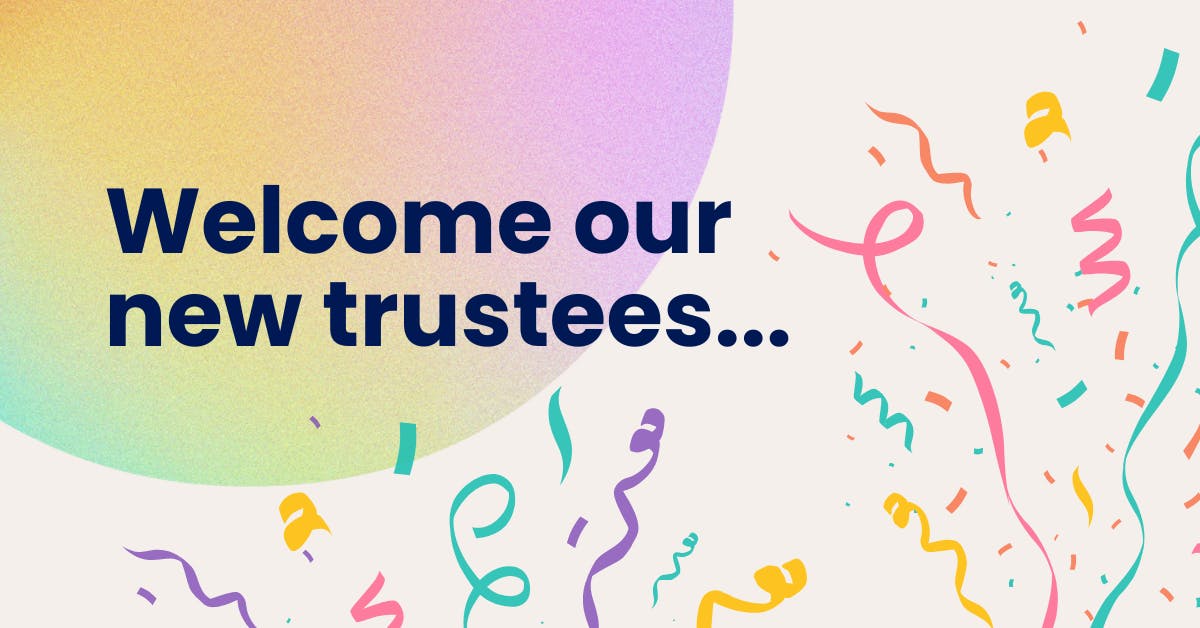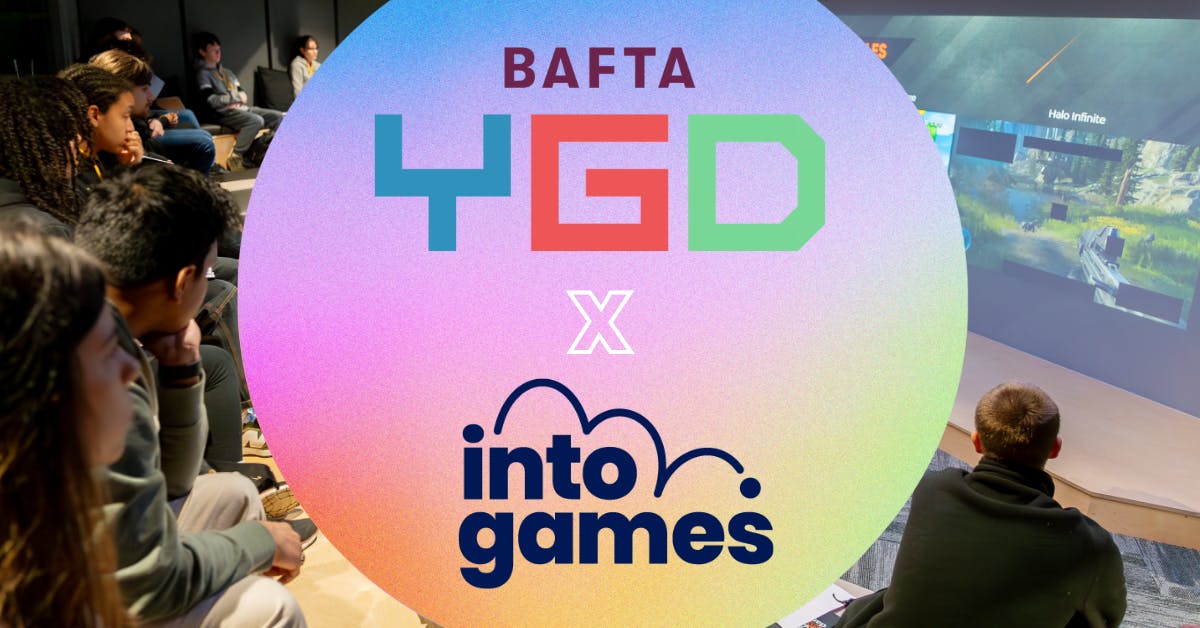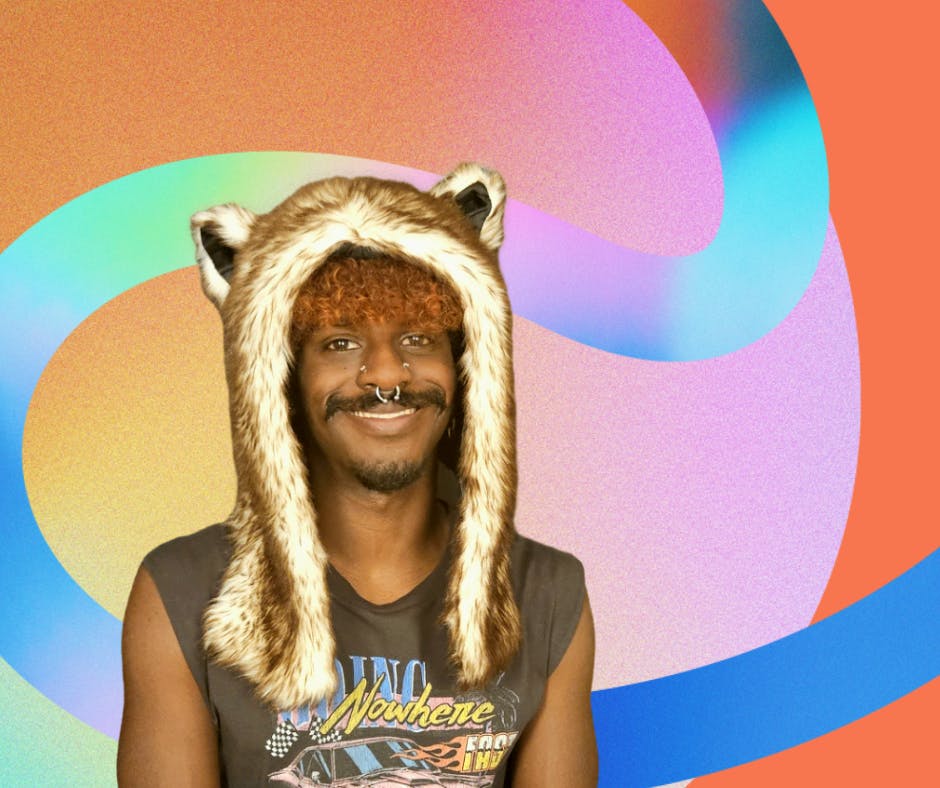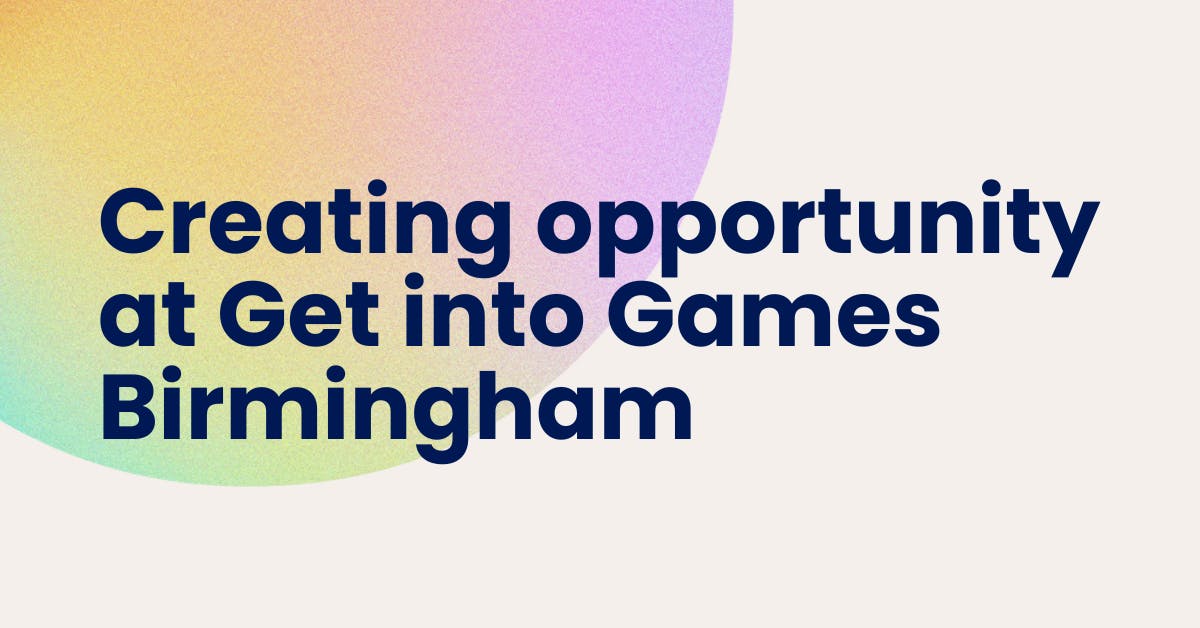
27 May 2020
What does a Designer in games do? Interview with Kate Killick from Mojiworks and We Make Games

Kate Killick is a BAFTA winning game designer creating games at Mojiworks. Mojiworks won GamesIndustry.biz's Best Places To Work in 2018 and 2019. Kate also founded and organises We Make Games, an initiative supporting under represented genders in the games industry. We asked Kate, some key questions about getting into a design role games sector.
Explain your role like I'm 5 years old
I work with the team to figure out how the game should play. Sometimes that’s big stuff, like overall idea of the game, and sometimes it’s details like what a button should look like or how much gold a player has to spend to upgrade an item.
What does your average day look like?
There isn’t really an “average” day - it varies so much! And it depends on the stage of the project. We start each day with the team getting together to discuss their work for the day, making sure we’re on track for any deadlines and seeing if anybody is stuck and need help or feedback.
After that, I might be working on concept docs or mockups, getting hands-on with prototyping, getting player feedback or talking with the team to evaluate the current version of the game and decide what’s next. My role encompasses a lot of things, but it always involves collaborating and I rarely sit at my desk for more than a couple of hours at a time.
What was your learning pathway into your role?
I studied art at school and a bit of maths, then went to do a one year art foundation course at university. At the time I thought I would work in animated films, as I didn’t really know about games. Thankfully I found out about the Game Art & Design course while I was there, so I took that as my degree.
At the end of my second year I went to a competition where my team spent ten weeks making a game. Our game won, so we kept working on it for the next two years and ended up being published by Microsoft and winning a BAFTA!
I didn’t know exactly what job I wanted after that, as I was interested in different areas of game art and design. I did some freelance work and then spent three years as a UX designer at tech startups, mostly designing apps rather than games. It was really interesting and valuable experience, but I was glad to get back into the games industry when I found my current role. We make games for chat platforms, so there’s a lot that I learned from working on mobile apps that I can apply in my job now.
What was your learning pathway into your role?
There’s always a new challenge in my role, so I’m constantly learning and improving. Working at a startup can be a bit of a rollercoaster. Sometimes projects don’t work out, which is tough, but when they do and you know that people out there are enjoying your game, it’s worth it.
Who else in the studio do you work with most regularly?
I work closely with artists and programmers on making the game. Once the game is launched and people are playing it, I also work with data science and player support to understand who our players are and what feedback they have.
What's the most challenging thing about your role?
It’s hard to spend your time working closely on a game and still be able to take a step back and figure out if it’s fun and what could be improved. You have to be able to decide whether an idea is worth persevering with, or whether you need to change direction, sometimes multiple times in a week (or day!). It’s a challenge to be able to think about the details and still keep the bigger picture in mind.
What software or digital tools do you use the most?
The team uses tools like Slack and Google Drive to share information, so those are probably what I spend the most time on. I use Photoshop and Illustrator for visual mockups, and some more specific tools like Lucidchart and Proto.io for exploring and prototyping design ideas. For working on the game itself we use PlayCanvas, which is a game engine similar to Unity.
What are the key skills needed for you to work on to do your role?
I think the most useful skills aren’t about a specific tool or software but more about your ability to solve problems - to try something out, evaluate it, and change your approach if it didn’t work. It’s also important to have empathy, as you might be making games for people who don’t have the same tastes or knowledge as you. Finally, it’s important to be able to collaborate, so you can communicate your ideas and use your team’s feedback to improve them.
What advice would you give to your younger self looking to get started in the industry?
I definitely struggled with my first year or two after university for various reasons, and my confidence took a long time to recover. I think it would have helped me to find a mentor, get help with my mental health sooner and generally reach out to people more. I’ve since discovered that the games industry is full of amazing, supportive people (including many women), and any time I’ve reached out to ask for advice they’ve been happy to spend their time helping me.
Stay up to date
It's time to level up your inbox
Pick which newsletters you're interested in receiving, and customise further by specifying a discipline.
Join our mailing listTell me more
